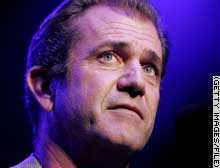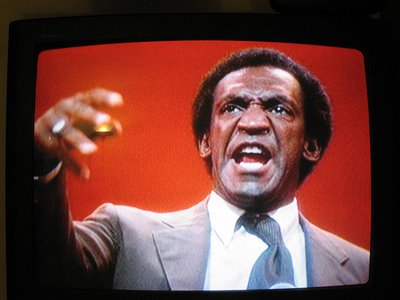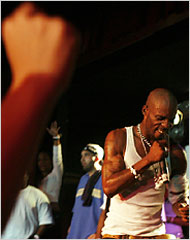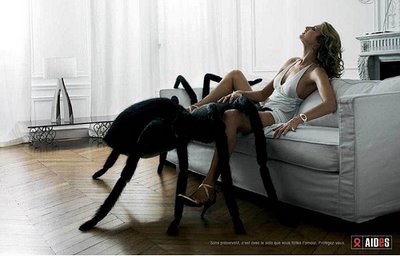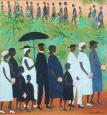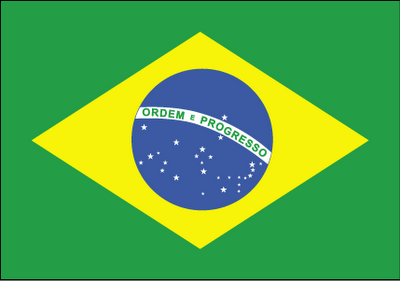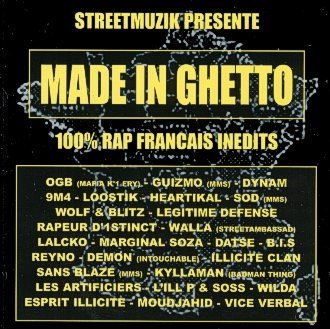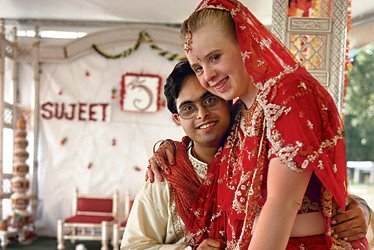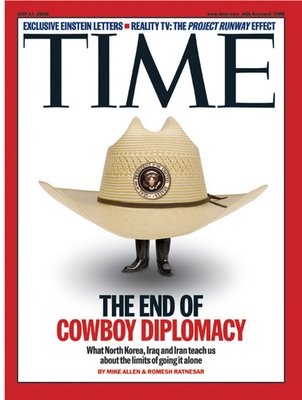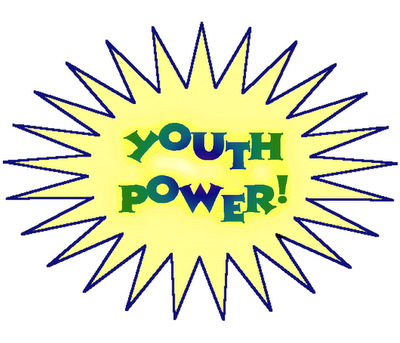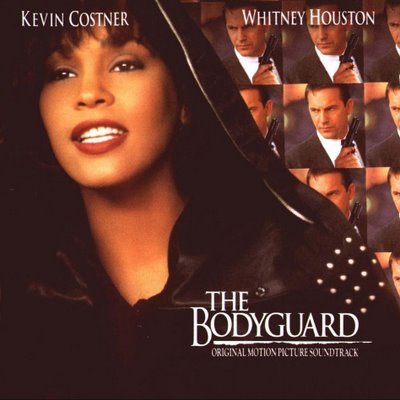Separation of Church and State

Have you ever heard of Reverend Gregory A. Boyd, pastor of Woodland Hills Church, a megachurch, in suburban St. Paul, Minnesota? If not, you should look him up for he is expressing many sentiments that I have been mulling over for quite some time. Reverend Boyd asserts that since the presidential election race of last year, conservative politicians and members of his congregation alike have been urging him to vocally support conservative politicians and causes (anti-abortion rallies, actively denounce homosexuality, support the war in Iraq, etc.). He refuses because he vehemently opposes the merging of the institutions of church and state. In today's New York Times article, the author, Laurie Goodstein, asserts,
"Before the last presidential election, he preached six sermons called “The Cross and the Sword” in which he said the church should steer clear of politics, give up moralizing on sexual issues, stop claiming the United States as a “Christian nation” and stop glorifying American military campaigns... Mr. Boyd said he never intended his sermons to be taken as merely a critique of the Republican Party or the religious right. He refuses to share his party affiliation, or whether he has one, for that reason. He said there were Christians on both the left and the right who had turned politics and patriotism into "idolatry"...He said he first became alarmed while visiting another megachurch’s worship service on a Fourth of July years ago. The service finished with the chorus singing “God Bless America” and a video of fighter jets flying over a hill silhouetted with crosses. 'I thought to myself, ‘What just happened? Fighter jets mixed up with the cross?’...In his six sermons, Mr. Boyd laid out a broad argument that the role of Christians was not to seek “power over” others — by controlling governments, passing legislation or fighting wars. Christians should instead seek to have “power under” others — “winning people’s hearts” by sacrificing for those in need, as Jesus did, Mr. Boyd said...'America wasn’t founded as a theocracy,' he said. 'America was founded by people trying to escape theocracies. Never in history have we had a Christian theocracy where it wasn’t bloody and barbaric. That’s why our Constitution wisely put in a separation of church and state'. 'I am sorry to tell you,' he continued, 'that America is not the light of the world and the hope of the world. The light of the world and the hope of the world is Jesus Christ.' Mr. Boyd lambasted the “hypocrisy and pettiness” of Christians who focus on “sexual issues” like homosexuality, abortion or Janet Jackson’s breast-revealing performance at the Super Bowl halftime show. He said Christians these days were constantly outraged about sex and perceived violations of their rights to display their faith in public".
After coming public with his views, he lost about 1/5 of his congregation, mostly middle class white suburbanites who are theologically and politically conservative. But has garnered more of another demographic ---African Americans, Hispanics and Hmong immigrants from Laos, all of which he welcomes stating that his ideal is to make his church as ethnically and economically diverse as possible.
Should Jesus be in the White House? Should government decisions, policies, wars be started in the name of Jesus, Christianity? I emphatically say no for the following reasons:
- In today's society being Christian or associating yourself with 'Jesus' is now associated with a boatload of baggage, primarily because of its association with Bush, conservatism, American nationalism, and Republicanism. “There is a lot of discontent brewing,” said Brian D. McLaren, the founding pastor at Cedar Ridge Community Church in Gaithersburg, Md., andone of the leaders in the evangelical movement commonly known as the “emerging church,” that is at the forefront of challenging the more politicized evangelical establishment.
“More and more people are saying this has gone too far — the dominance of the evangelical identity by the religious right... You can’t say the word ‘Christian,’ and you certainly can’t say the word ‘evangelical’ without it now raising connotations and a certain cringe factor in people". Bush has made no mistake of vocally making political decisions that effect nations, lives and have impacted the global stratosphere in the name of God. What? How is this ever accepted and/or tolerated? - Historically, Christian theocracies have been increasingly violent and oppressive. Where is there a model of a Christian theocracy that has successfully succeeded? In fact, it was't too long ago that the Church used the Bible to defend slavery.
- Goodness, decency, and respect are not just Christian values. Do Christians have a responsibility to be of service and ensure justice. Yes, I agree. But I don't believe that agnostics, Jews and Muslims couldn't espouse the same values and interests when enacting policies and implementing social justice.
There are several books being published right now that speak to this current dialogue about the place of religion in politics. Here are two:
- The Myth of a Christian Nation: How the Quest for Political Power Is Destroying the Church by Gregory A. Boyd
- Thy Kingdom Come: How the Religious Right Distorts the Faith and Threatens America — an Evangelical’s Lament by Randall Balmer
There needs to be a division between church and state or the teaching of Jesus and the values of Christianity will once again be tied to the torture and unnecessary deaths of many. History will repeat itself! And if you're so inclined, I have included a few of Pastor Boyd's podcats below:
- Taking America Back for God
- Is the Church the Guardian of Social Morality?
- In But Not of the World
- The Difference Between Two Kingdoms
slugabed -- n. : One who stays in bed until a late hour; a sluggard
"I can see every monster as they come in" -- Truman Capote

